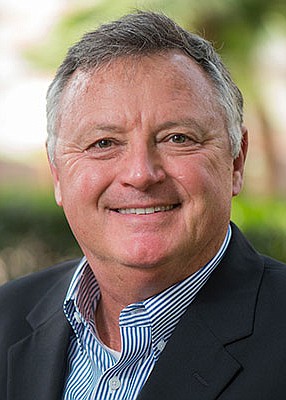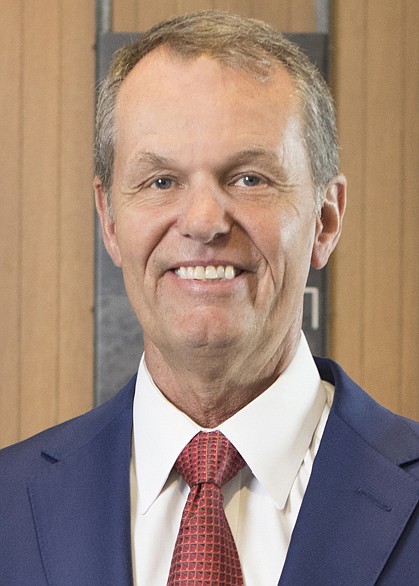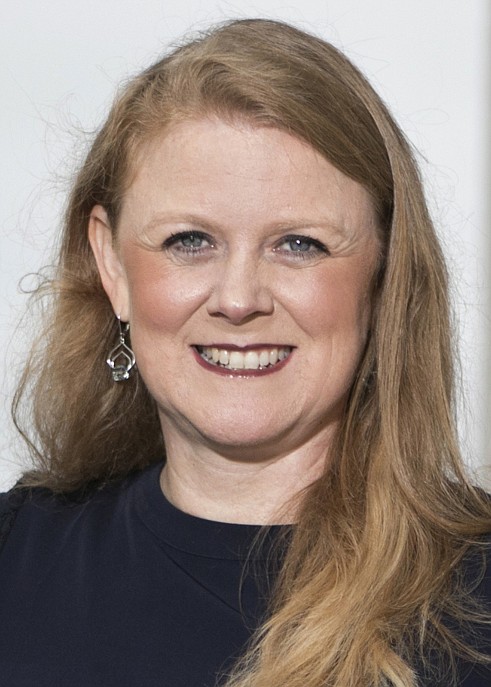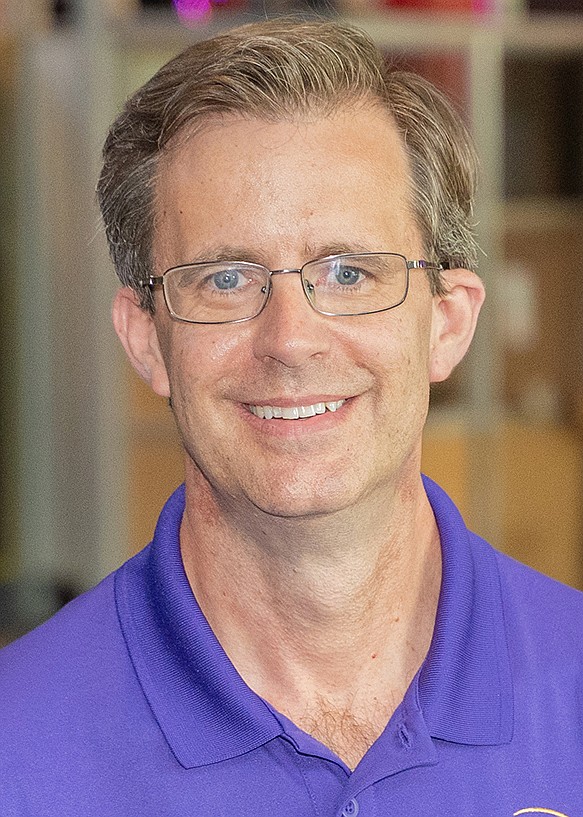- October 22, 2024
-
-
Loading

Loading

Of the many things retired Gen. Tom Kolditz did while in the U.S. Army, one in particular was both highly specialized and carried high significance: Kolditz oversaw the Department of Behavioral Sciences and Leadership at West Point for 12 years. In that role he oversaw the other leaders at West Point who taught cadets in disciplines like leader development science, psychology and sociology.
That experience was front and center when Kolditz recently spoke to a ballroom full of college students at the University of Tampa’s 2024 Leadership Summit. The event, hosted by the TECO Energy Center for Leadership, part of the University of Tampa Sykes College of Business, was held Feb. 13.
Kolditz’ presentation was entitled “Leadership Reckoning: Making a Difference.” So it’s not a big surprise he mostly spoke of leadership as not a title, but a calling that’s bigger than yourself.

“Leadership isn’t a form of personal aggrandization,” he said. “You want to (be able to) put food on people's tables and you want to put a roof over your teammates heads. The moment you become selfish as a leader, you are done.”
Kolditz, according to his official bio, has 35 years in leadership roles on four continents. He was a leadership and human resources policy analyst in the Pentagon, and while at West Point, in addition to running the behavioral science department, he founded the West Point Leadership Center. Now in civilian life he uses psychology to develop leaders and is the managing member of Saxon Castle LLC, a coaching and leader development consultancy. He also founded the Doerr Institute for New Leaders at Rice University in 2015.
In 2021 Kolditz co-authored a book, “Leadership Reckoning: Can Higher Education Develop the Leaders We Need?” with leadership consultants and authors Libby Gill and Ryan Brown.
The summit also included a panel discussion with a trio of leaders from Tampa area companies and organizations. The panel included: Mark House, managing director and director of strategic projects at The Beck Group, one of the largest builders in the region; John Graydon Smith, president and CEO of the Museum of Science and Industry; and Laura Webb, president of Tampa-based Webb Insurance Group.
The panel answered questions on a variety of leadership topics. Among them:

House said “everyone in here is a leader, and you get to prove it every day” in your choices and actions.
Webb said leadership at her 10-employee company requires her to be different things to different people, from staff to customers. “I’ve learned that you become a better leader just by listening to the people around you,” Webb said.
Smith, who has been hired to lead turnarounds at underperforming museums nationwide for 20 years and took the MOSI position in Tampa in April 2022, said good leaders will often get pushed and pulled in different directions. When that happens, he said, you “need to follow your north star and be true to yourself.” Smith also said on a personal level he’s regularly pushing himself to do more. “I feel guilty as a leader all the time because I’m not doing enough,” he said. “I have guilt but not shame. (As a leader) I never do anything to shame myself or my family.”

All three panelists agreed failure is a big part of being a leader.
Webb said she looks at failure as a “ win versus a learning, not a win versus a loss” dynamic.
Smith said failing is constant, not a one-and-done or occasional happening. “Failure is not only an expectation, but a prerequisite,” he said. “If we are not failing on a regular basis, we probably suck because if we’re not failing, it means we’re not pushing ourselves and taking chances.”
Both House and Webb said an overarching fear is being sure to keep the payroll intact and not letting people down who count on them for paychecks.
Webb added she also fears not knowing what’s coming around the corner for her company. “We talk about windows a lot — open windows, closed windows, blind windows,” she said. “Which one of those windows am I missing out on as a leader?”

Smith said he’s learned “I’m not the solution. I’m frequently the problem. My job as a leader is to put you in the equation and realize I’m not the one who is going to make things better.”
Smith, who previously led a turnaround at the Reading Public Museum in Reading, Pennsylvania, tries to succeed with the team he inherits, he said. He compared his strategy to doing the opposite, for the most part, of what happens in the NFL when coaches are fired. Teams usually overcorrect when a coach leaves, and end up trying to fix everything. “I’m big on keeping the pendulum in the middle,” he said. “The difference between failure and success operationally is a very, very narrow band to come in and blow things up. I don’t want to come in and fire people.”
Webb said a big part of her job as a leader is to “make people feel a little more confident” about their job and role in the business.
Kolditz, the keynote speaker, was more academic about the importance of giving feedback. “You need to give four positive things of feedback to be in a position to give one negative thing,” he said. “You should really give 10 positive things if possible.”
Webb said achieving work-life balance as a leader requires, like anything else you want to be good at, a plan, strategy and commitment. Webb said a plan, strategy and commitment, for example, is how she completed an Ironman Triathlon. “You have to be intentional about it,” she said. “You have to focus on it like one of your goals. If it’s something you think it’s just going to happen you will fail.”
Smith is committed to a plan and strategy, too — and a mindset. “Retirement is a number to me, but it’s not an age,” he said. “It's an amount. I work to live. I don't live to work.”